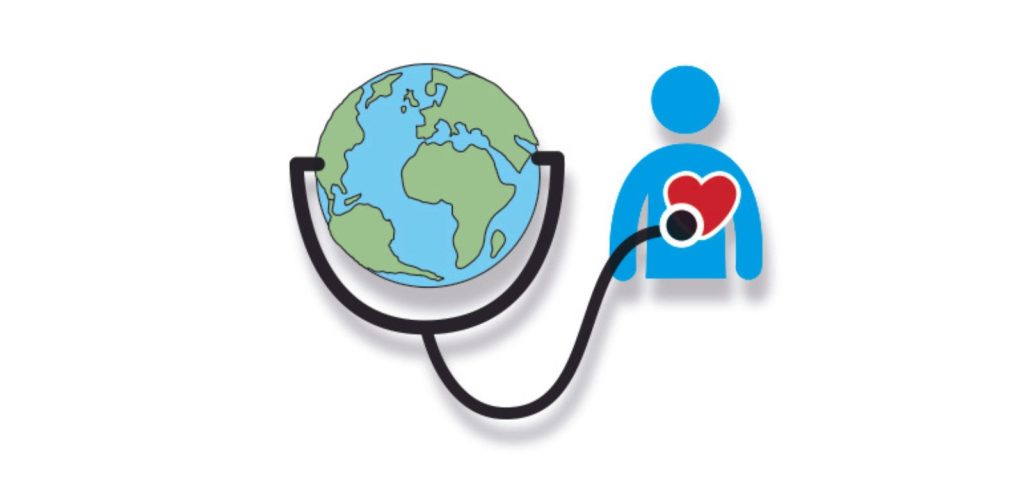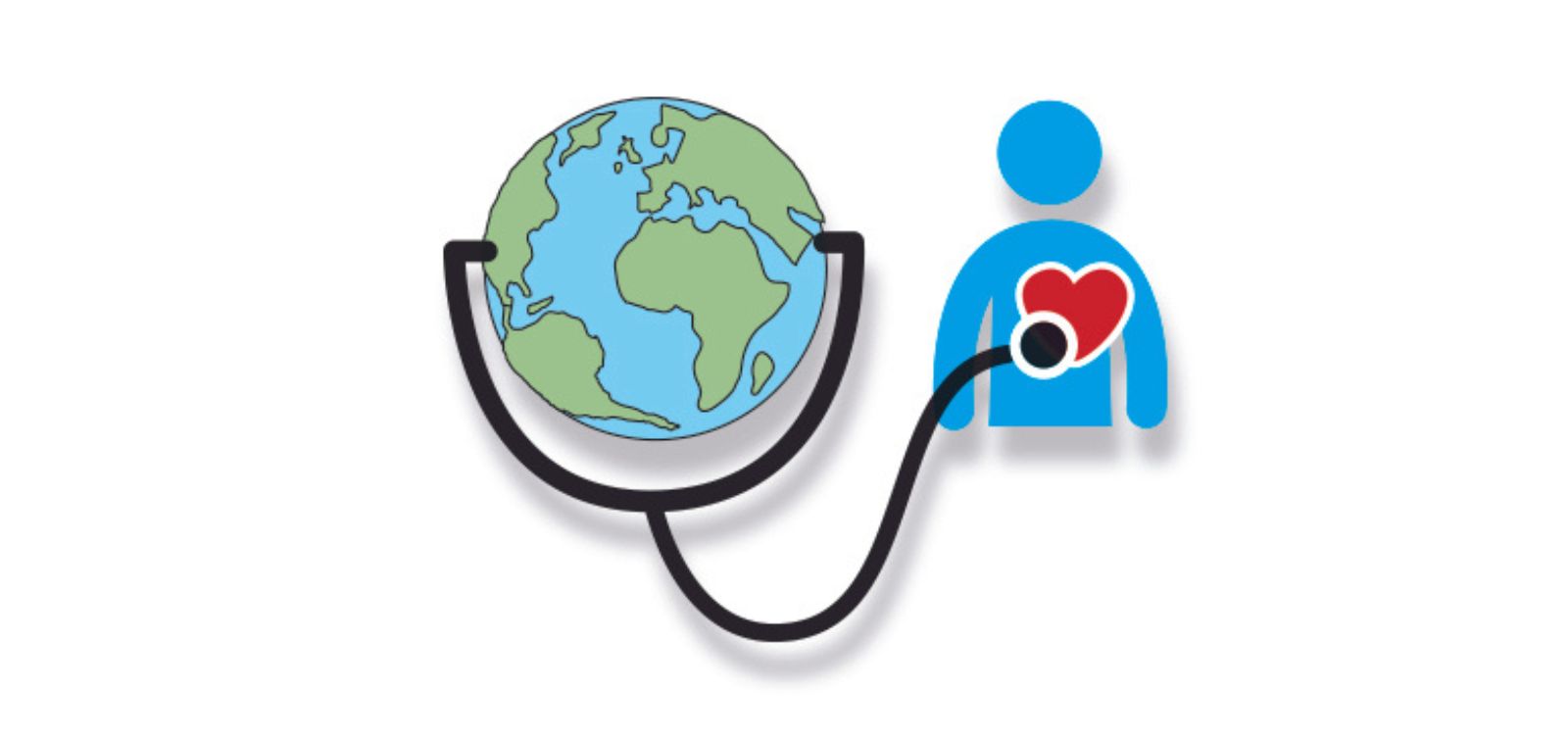
Survivors who have successfully navigated the challenges of chemotherapy and emerged on the other side can attest to the transformative impact certain cancer treatments can have on one’s relationship with food. Beyond the well-known sensation of nausea, individuals might also contend with oral sores, difficulties in swallowing, and bouts of diarrhea. Even more disheartening, the ability to relish beloved foods can be diminished due to the altered taste perception caused by these treatments.
In response to these concerns, here are eight strategies to help alleviate some of the symptoms and restore a sense of taste:
- Ginger’s Anti-Nausea Properties: Mary-Eve Brown, a dietician at the Johns Hopkins Kimmel Cancer Center, highlights ginger as a natural remedy against nausea. Incorporating ginger ale, ginger tea, or ginger chews into your routine can be beneficial.
- Opt for Frequent Small Meals: Shifting from traditional large meals to consuming smaller portions throughout the day can help manage discomfort.
- Embrace Cooling Foods: Cold foods like beet juice, broccoli, and baked chicken have shown promise in combating chemo-induced nausea, according to some survivors.
- Mouth Sore Relief: For those grappling with mouth sores stemming from chemotherapy or radiation, a mixture of warm water, salt, and baking soda (1 cup warm water, 1/8 tsp salt, 1/4 tsp baking soda) can be used for rinsing. Opting for soft, moist foods like applesauce, eggs, and yogurt can provide relief. Applying cold tea bags to the affected areas may also offer comfort.
- Addressing Dry Mouth: Dipping food in soup and taking small sips of beverages during meals can help alleviate dry mouth. Club soda is recommended for this purpose.
- Managing Diarrhea: Steering clear of fiber, fatty, and spicy foods is advised. Instead, opt for easily digestible options like baked potato, bananas, and cooked carrots. Staying hydrated is essential to counter dehydration caused by diarrhea. A simple hydration formula is your weight divided by 2.2, indicating your required ounces of hydration.
- Swallowing Challenges: Enhance foods by incorporating calorie-rich ingredients like nut butters, avocado, or oils into blended items. Focusing on making every bite count is crucial when swallowing becomes problematic.
- Tackling Taste Changes: Experimenting with different taste sensations can help counter the altered taste perception. Incorporating fruits, marinating with fruit juices, and trying novel dishes are recommended. Using plastic utensils, adding lemon or maple syrup to water, or using a straw can minimize the metallic taste sensation.
Maintaining weight during chemotherapy can be achieved by consuming caffeine-free liquids, fortified milk, fruit and vegetable juices, and energy-dense snacks like nuts, dried fruits, and cheeses. These foods can help compensate for the increased caloric and protein demands that arise during treatment.
Additional tips to consider include avoiding runny eggs and raw fish during treatment to reduce the risk of salmonella. After therapy, adopting a “prevention diet” characterized by unprocessed plant-based foods, whole grains, high-fiber options, and lean meats is advisable. Eliminating processed meats, seeking variety in vegetable choices, and discussing supplement resumption with medical professionals about seven weeks post-treatment are also important steps to consider.



